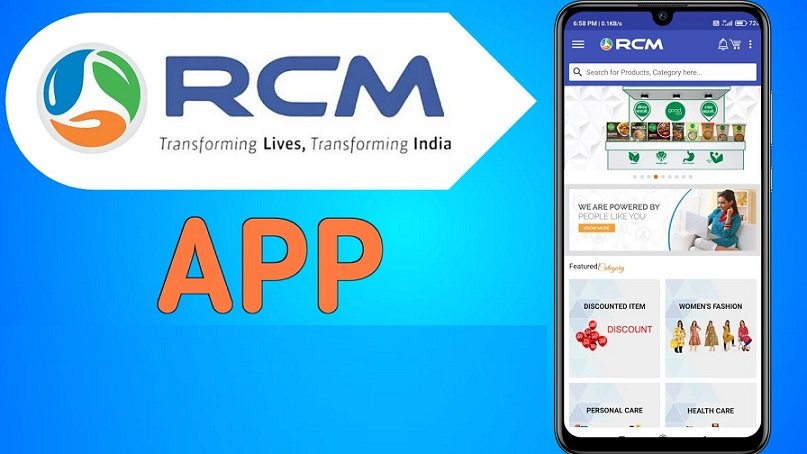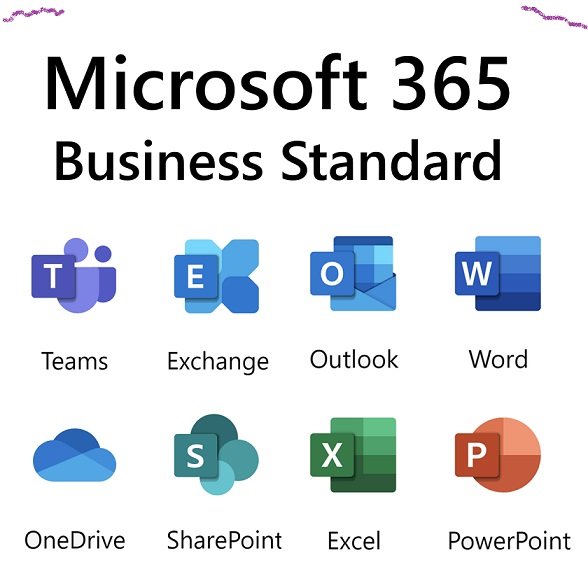Introduction to Agency Business
The agency business model has become a cornerstone for modern entrepreneurs seeking to capitalize on their skills and networks. Whether you’re venturing into marketing, digital services, consulting, or creative solutions, an agency offers flexibility, scalability, and potential profitability. This guide explores everything you need to know to start, run, and grow your agency business effectively.
What is an Agency Business?
An agency business acts as an intermediary providing specialized services to clients. Agencies typically focus on niches such as marketing, advertising, digital transformation, creative content, or even talent management.
Types of Agencies
Agencies can be categorized based on their services and target industries. Here are some examples:
| Type of Agency | Services Offered | Target Clients |
|---|---|---|
| Marketing Agency | SEO, PPC, social media management, content marketing | Small businesses, e-commerce brands |
| Creative Agency | Branding, graphic design, video production | Corporations, startups, non-profits |
| Talent Management Agency | Talent representation, event management, sponsorship deals | Athletes, artists, influencers |
| Recruitment Agency | Hiring services, workforce management, HR consulting | Companies in all industries |
| Digital Transformation | IT consulting, software development, automation solutions | Enterprises, SMBs, government institutions |
Why Start an Agency Business?
- Growing Demand: As businesses increasingly outsource tasks, the need for specialized agencies grows.
- Scalability: The agency model can scale with minimal capital investment by leveraging freelancers or a remote team.
- High Profit Margins: With efficient operations, agencies can achieve significant profitability.
Step-by-Step Guide to Starting an Agency
1. Identify Your Niche
Your niche determines your service offerings and target audience. Focus on areas where you excel and identify a specific market gap.
2. Create a Business Plan
A well-thought-out business plan outlines your goals, target audience, pricing structure, and operational strategy.
| Business Plan Checklist |
|---|
| Define services and pricing model |
| Conduct competitor analysis |
| Develop marketing strategies |
| Forecast financial projections |
| Create a client acquisition strategy |
3. Register Your Business
Choose a business name and legal structure (LLC, sole proprietorship, etc.). Ensure you comply with local laws regarding taxation and licensing.
4. Build Your Team
Decide whether to hire in-house employees or collaborate with freelancers. Assemble a team with diverse skills to meet client needs.
Scaling Your Agency
Automate Processes
Invest in tools like CRM software, project management platforms, and analytics tools to optimize workflows.
Offer Additional Services
Diversify your services to upsell and retain clients. For instance, a social media marketing agency could offer influencer marketing or content creation.
Build Client Relationships
Consistent communication and delivering measurable results build trust, leading to long-term partnerships.
Financial Overview of an Agency Business
| Aspect | Estimated Cost | Notes |
|---|---|---|
| Startup Costs | $5,000 – $20,000 | Includes office setup, tools, and initial marketing budget |
| Monthly Operating Costs | $3,000 – $10,000 | Covers salaries, software subscriptions, and utilities |
| Average Project Revenue | $5,000 – $50,000 per project | Varies by industry and scope of services |
| Profit Margin | 20% – 50% | Efficient agencies achieve higher margins |
Tips for Running a Successful Agency
- Focus on Results: Provide measurable outcomes to clients to showcase your value.
- Leverage Social Proof: Use client testimonials and case studies to build credibility.
- Network Strategically: Attend industry events and collaborate with other businesses.
- Stay Updated: Continuously learn about industry trends and emerging technologies.
Challenges in Agency Business
Common Challenges
- Client retention due to competition.
- Managing cash flow during slow periods.
- Adapting to fast-changing market trends.
Solutions
- Prioritize relationship-building with clients.
- Diversify revenue streams by offering subscription-based services.
- Invest in regular training for your team.
Conclusion
Starting and scaling an agency business requires strategic planning, market research, and a focus on delivering exceptional client results. By leveraging modern tools and building a strong brand presence, agencies can thrive in today’s competitive landscape. Whether you’re launching a creative firm or a recruitment agency, following the steps outlined in this guide will set you up for success.




